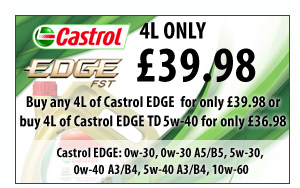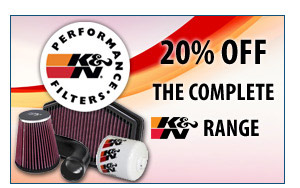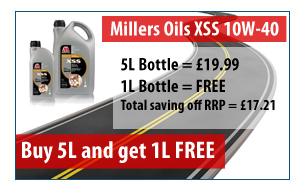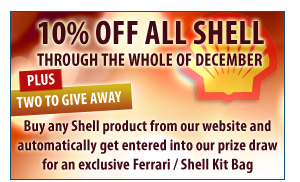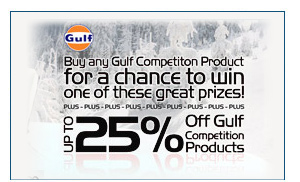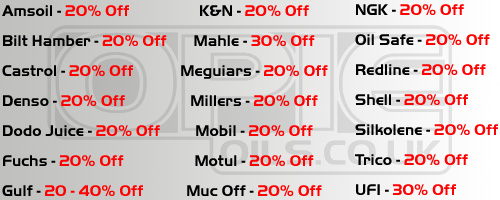136
Car Parts, bits For Sale & Wanted / Millers Oils Nanodrive Engine Oils, Pre-Order HERE
« on: 22 February 2012, 09:12:57 »

Developed by Millers Oils highly acclaimed team who are responsible for the highly successful NT Gear Oils that won World Motorsport Award for best new product in 2009, the Nanodrive engine oils are specifically targeted to release power through friction reduction but also maximise wear protection. The Nanodrive formulation reduces friction by the use of spherical nanoparticle structures within the oil that actively fill rough metallic surfaces making a “tribofilm”, which means an ultra smooth surface. The groundbreaking formulation reduces load friction at extreme pressures even in stop start driving conditions, meaning less component wear and increased power.
KNOW THE DIFFERENCE...
What is the difference between conventional Motorsport engine oils and the new Millers Nanodrive technology engine oils?
- Increased power output and performance
- Significantly reduced friction
- Reduced component wear ensures longer component life
- Reduced heat generation
- Improved reliability
- Improved energy efficiency
- Extends engine oil life and maintenance intervals
- Superior anti-friction & anti-wear characteristics
Millers Nanodrive CFS range can be used on track or fast road use.


Oilman




